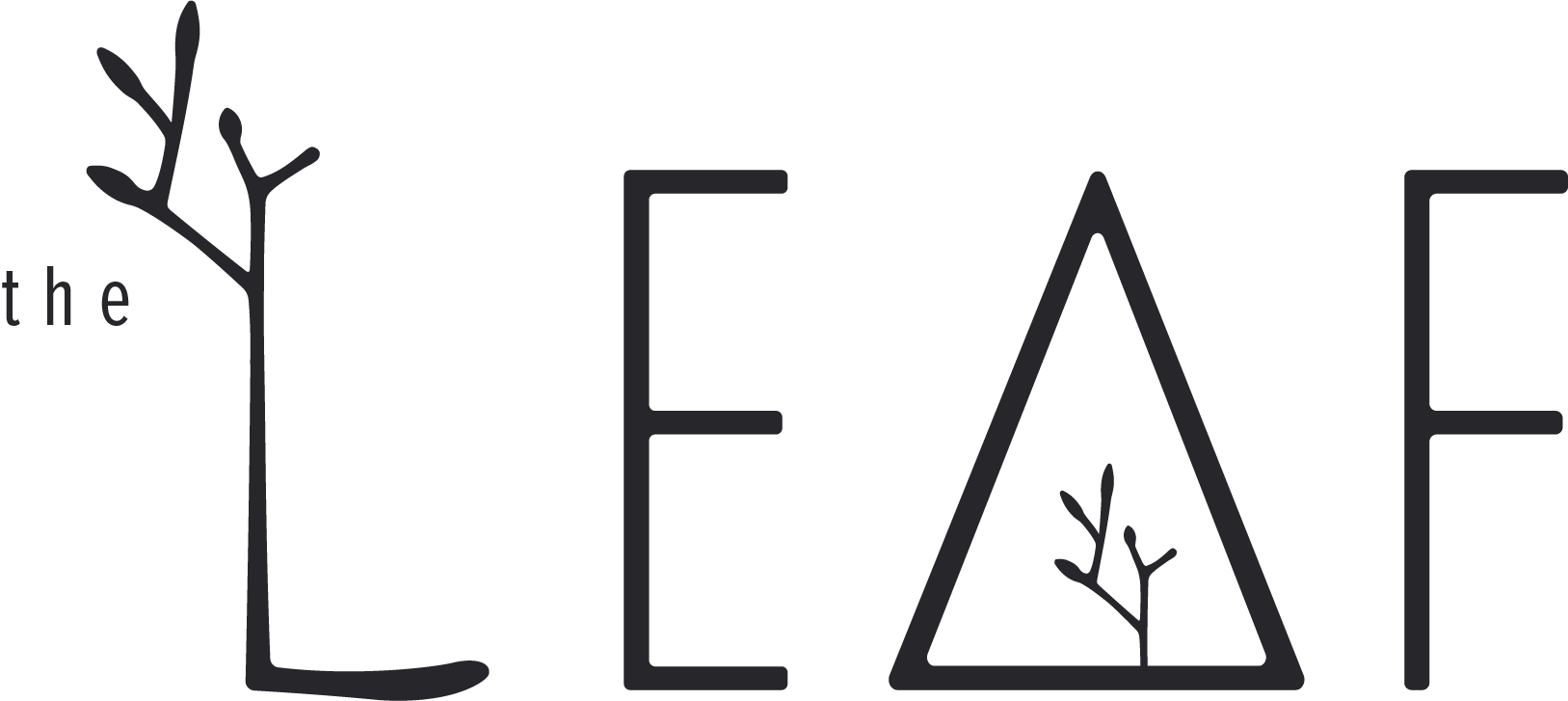Current campaign
Atlantic Forest
Reviving Brazil's Atlantic Forest: LEAF and UFRB's Joint Restoration Mission in the heart of one of Earth’s most biodiverse ecosystems
Our Atlantic forest project represents a proud collaboration between the LEAF Charity and Universidade Federal do Recôncavo da Bahia (UFRB). The collaboration helps support carbon sequestration, protection of threatened species in the Atlantic Forest, and environmental education of youth and the local communities in Brazil.
The Atlantic Forest biome in Brazil is an extremely diverse ecosystem, renowned for its staggering biodiversity and unique ecosystems. Spanning over 1.1 million square kilometres, this forest once covered a vast portion of Brazil's coast, but now only around 12% of its original expanse remains because of extensive deforestation. Despite its reduced size, it harbours an extraordinary array of flora and fauna, boasting around 20,000 plant species, many of which are endemic and found nowhere else on Earth.
We are working with local communities to plant seven species of mangrove tree species. Each of these tree species has specialised adaptations that help them thrive in the salty, tidal environment and plays a key role in supporting a healthy mangrove ecosystem. Their unique adaptations help them to survive where other trees would simply die and allow us to plant them year-round, unlike planting for our coastal forest project that depends on the rainy season. As with all of our other projects, we use 100% native species helping to enhance survival rates and long-term success.
The restored mangrove forest will provide benefits to over 90,000 people who live within 10km of the site and will provide habitat for up to 400 bird and mammal species. Meanwhile, the site has the potential to sequester over 400 tonnes of carbon, roughly equivalent to the carbon emissions of 300 cars each year.
Planting trees represents just the first step in restoring forests. LEAF are providing educational workshops for local communities, helping them to learn more about these unique ecosystems and how to sustainably use their resources. These outreach activities help our mangrove restoration to achieve the triple benefits of biodiversity, carbon capture and the sustainable development of livelihoods.
What makes the Atlantic Forest especially crucial is its status as a biodiversity hotspot. It shelters an incredible diversity of life, including iconic species like the golden lion tamarin, woolly spider monkey, and the critically endangered red-browed Amazon parrot. The forest's endemic species, such as the red-tailed Amazon and the Brazilian merganser, face severe threats due to habitat loss, making their conservation imperative. Moreover, the forest's rich vegetation contributes to vital ecosystem services, such as carbon sequestration, water regulation, and soil conservation, benefiting both local communities and the global environment. Preserving the Atlantic Forest is not just about safeguarding a unique ecosystem; it's about protecting the genetic wealth and ecological balance essential for the planet's well-being.
In this project, we aim to restore a fragment of the Atlantic Forest within the university's campus. This ambitious initiative involves a series of meticulous steps to ensure the revitalisation of this vital ecosystem. Firstly, the team will collect seeds from nearby forest fragments, focusing on a variety of species and individuals to maintain species and genetic diversity. These seeds will then be nurtured in a specially designed nursery, with an emphasis on cultivating threatened species that are critical to the forest's biodiversity. We will develop new propagation protocols, supporting the conservation of numerous rare and endangered tree species. The final phase of the project involves the careful planting of these trees, with the aim of creating a diverse and sustainable forest area.
This project not only contributes to the conservation of the Atlantic Forest but also serves as an educational platform for students and researchers at UFRB, promoting awareness and understanding of environmental preservation.

